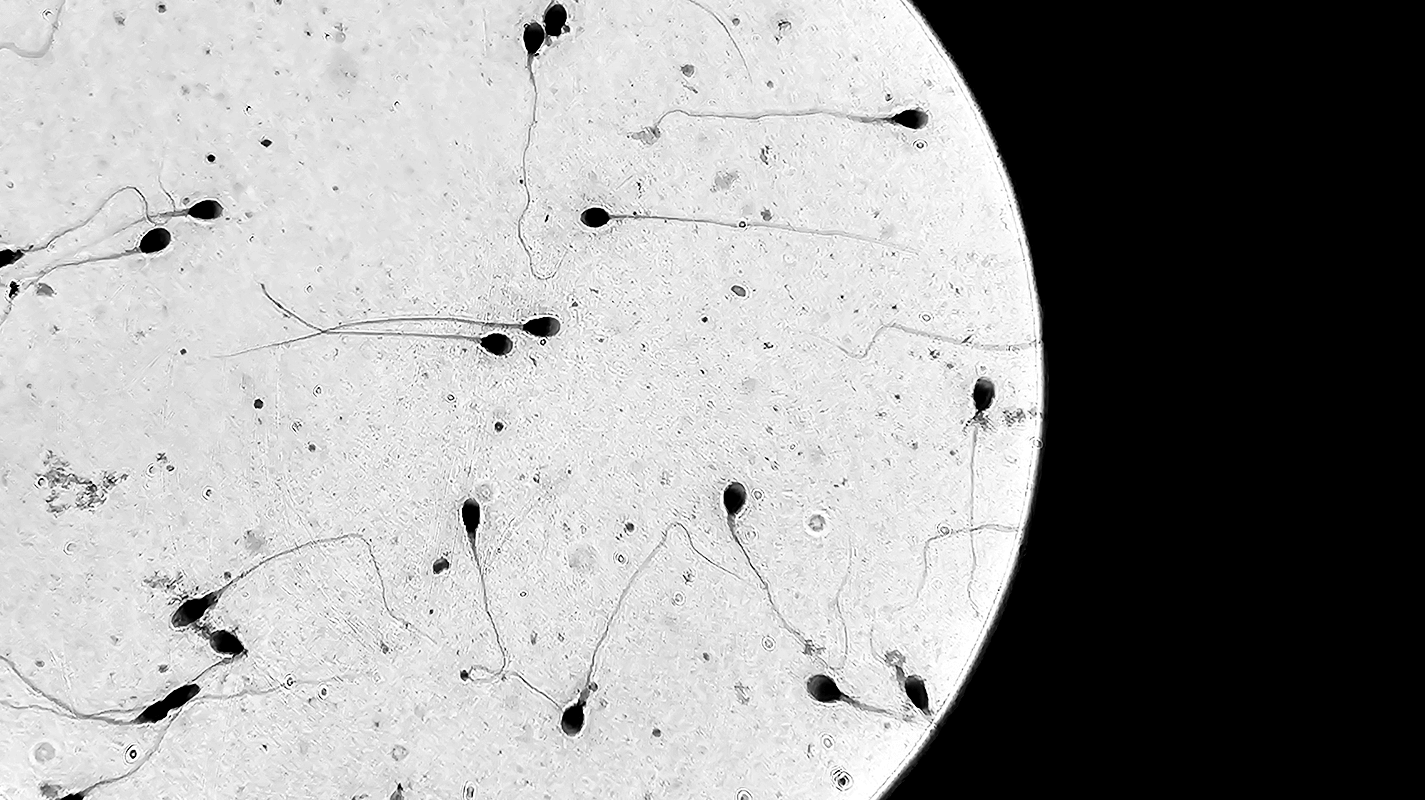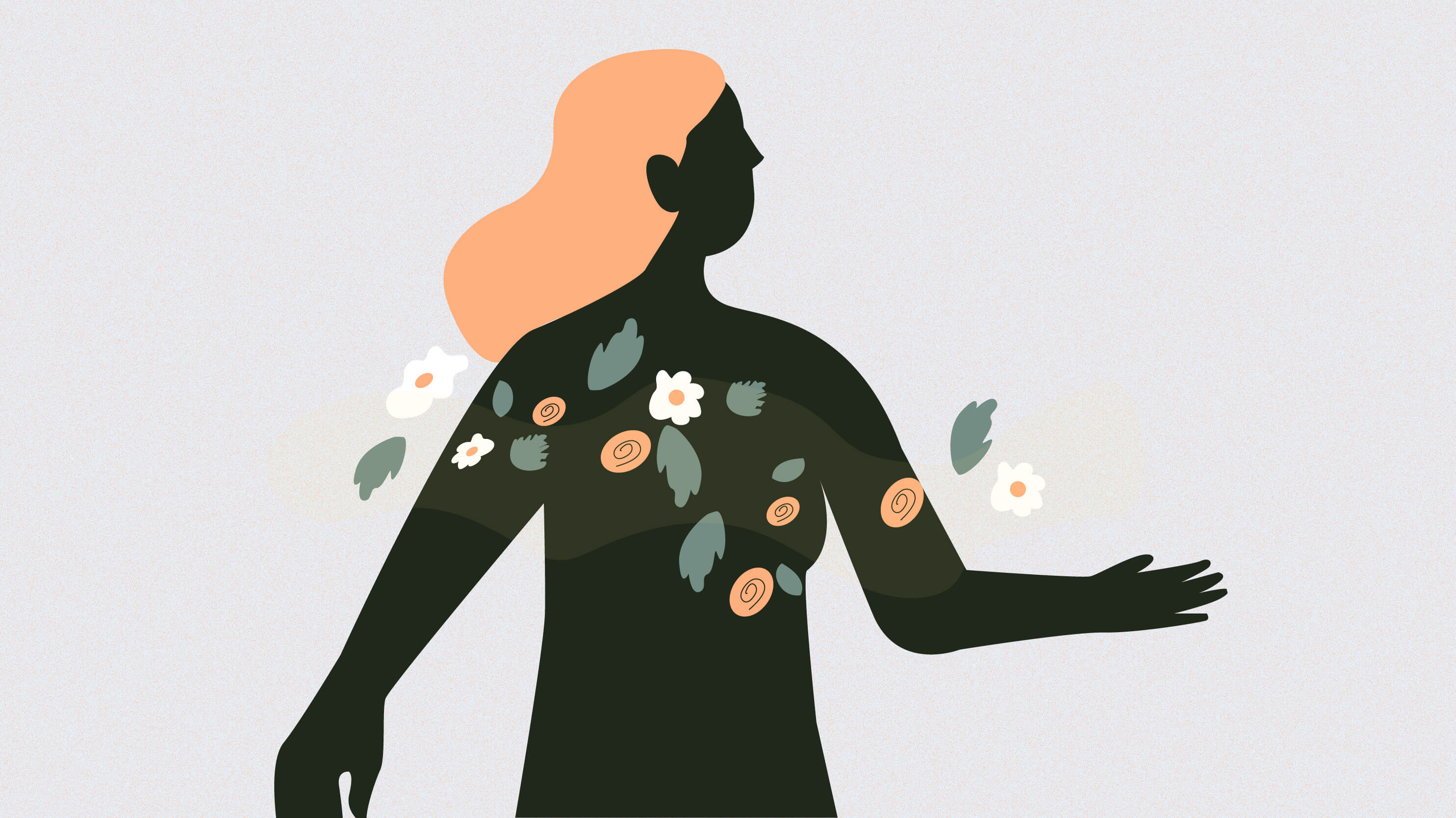10 Frequently Asked Questions About Fertility and Reproduction

Every person thinking about starting fertility treatment has their own reasons and circumstances. But if we could name one thing that everyone has in common, it's questions. Lots and lots of questions. Of course, they are not always the same, although some are more common than others. Fertility covers a very wide spectrum, as wide as your doubts. That's why we chose to address some of the most common concerns in each field of fertility and reproduction.
Infertility

What is infertility?
A fertility problem is considered to exist in two cases. The first is when it is not possible to conceive after a certain time, the second is when it is not possible to carry the pregnancy to term on two or more consecutive occasions. But don't get ahead of yourself! If you want to know more about the diagnosis Here we have more information about the first case and Here about the second.
Be careful, having a diagnosis of infertility doesn't mean you can't have children. Depending on the reason for your reproductive challenge, there are a lot of options you can consider. Some of them we will mention later.
Is infertility a problem only for women?
Not at all! Although there is an archaic idea that if a heterosexual couple cannot conceive it is the woman's fault, in reality infertility is a problem that does not discriminate. One in six heterosexual couples has reproductive challenges and, in half of the cases, this is due to the male factor.
Conception

How can I tell if I'm ovulating?
Ovulation is that time when the egg is released and you can conceive. This happens between day 10 and 16 of your cycle if you have regular periods, but there are other ways to know. Your body temperature, for example, rises during this stage. Another sign is your cervical mucus, which is clearer and less thick. In addition, you can always get ovulation kits at the pharmacy that help you predict ovulation.
How often do I need to have sex to conceive?
Having sex every day definitely increases your chances of conceiving. But if this isn't possible, try having sex every two or three days. The most important thing is that your efforts are focused on the days after your menstrual flow ends.
How does age affect the chance of conceiving?
In the case of women and people with a uterus, the chances of conceiving are reduced after the age of 30 and decrease rapidly after the age of 35. This is because the quantity and quality of eggs decreases over time. In the case of men and people with prostate, something very similar happens. After the age of 40, sperm quality begins to decline and, with it, the chances of conceiving.
Intrauterine Insemination

How long should I rest after the procedure?
It is best to rest for 15 to 20 minutes, however, there is no evidence that this recovery period increases the chances of conception. After these minutes of rest you can live your normal life, you can even exercise to activate your circulation and allow blood flow to reach your uterus.
How likely is an intrauterine insemination to be successful on the first attempt?
This is one of the easiest procedures for conceiving. The success rate of pregnancy due to intrauterine insemination is between 10% and 21%, depending on the quality of the sperm and the age of the person seeking to conceive. It is very likely that insemination will not be successful on the first attempt, so experts recommend trying this method about four times.
How many days later can I take a pregnancy test?
Preferably, wait for your fertility specialist to make an appointment for you to take the test, since if this is done sooner there is a chance of getting a false negative. However, 15 days are usually enough for the hormone studied in pregnancy tests (hCG) to be synthesized.
In Vitro Fertilization

What are the chances that I will have twins?
Although in vitro fertilization is commonly associated with the likelihood of having twins, currently the rate of double pregnancies has fallen. This is because most fertility specialists recommend the transfer of a single embryo to avoid the health risks associated with a multiple pregnancy.
How long do I have to wait before starting another IVF cycle?
If the transferred embryo is not successfully implanted, it is possible to perform a new transfer cycle with one of the embryos saved from the previous fertilization. There is no need to wait before starting another cycle if recommended by your fertility specialist.
More Questions?
Surely you have many more questions about fertility and reproduction. Or maybe your questions are more focused on the preservation of fertility. This blog is a space where we will try to resolve the majority. From click Here to find many more articles on in vitro fertilization, intrauterine insemination, fertility preservation and much more. In addition, you can always go to Integral Fertility so that a specialist can answer each of your questions and concerns.
Bibliography:
- https://extendfertility.com/defining-infertility-part-i-trying-to-conceive/
- https://extendfertility.com/defining-infertility-part-2-pregnancy-loss/
- https://my.clevelandclinic.org/health/diseases/17201-male-infertility#:~:text=Infertility%20affects%20one%20in%20every,to%20conceive%20suffer%20from%20infertility
- https://www.nhs.uk/common-health-questions/womens-health/how-can-i-tell-when-i-am-ovulating/#:~:text=the%20length%20of%20your%20menstrual,around%20the%20time%20of%20ovulation
- https://www.mayoclinic.org/es-es/healthy-lifestyle/getting-pregnant/in-depth/how-to-get-pregnant/art-20047611
- https://www.reproduccionasistida.org/despues-inseminacion-artificial/#:~:text=Reposo%20despu%C3%A9s%20de%20la%20IA,-El%20tratamiento%20de&text=Una%20vez%20hecha%20la%20inseminaci%C3%B3n,su%20mayor%20comidad%20y%20tranquilidad.
- https://www.reproduccionasistida.org/resultados-de-inseminacion-artificial/
- https://www.acog.org/womens-health/faqs/having-a-baby-after-age-35-how-aging-affects-fertility-and-pregnancy#:~:text=A%20woman's%20peak%20reproductive%20years,is%20unlikely%20for%20most%20women.
- https://www.betterhealth.vic.gov.au/health/conditionsandtreatments/age-and-fertility
- https://www.reproduccionasistida.org/probabilidad-de-gemelos-con-fecundacion-in-vitro/







